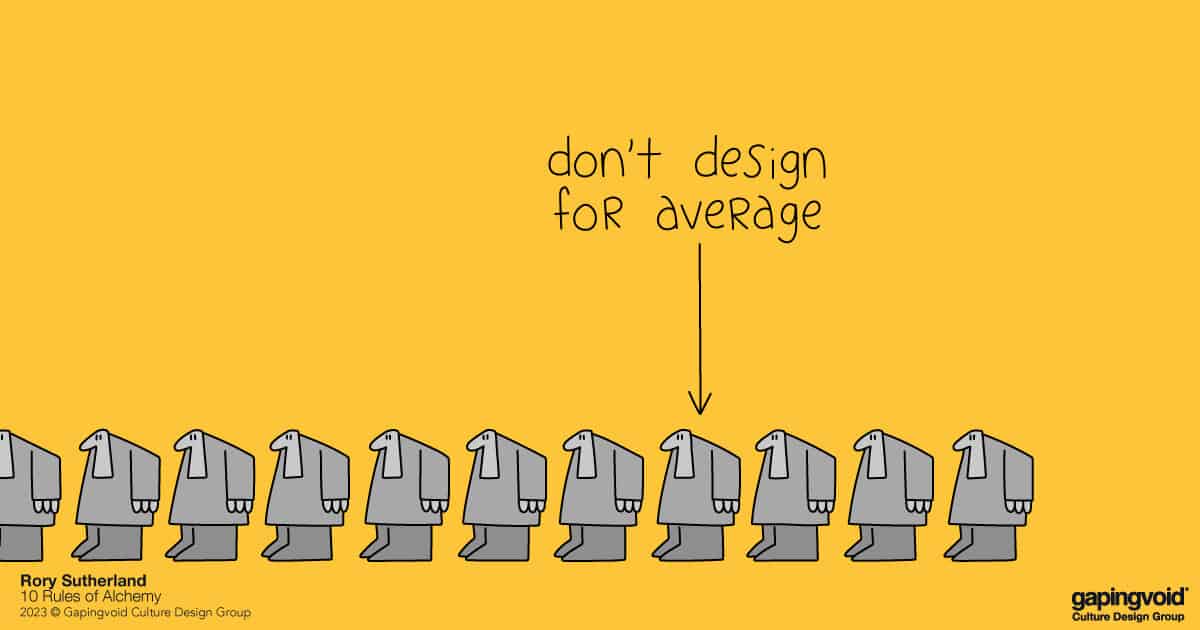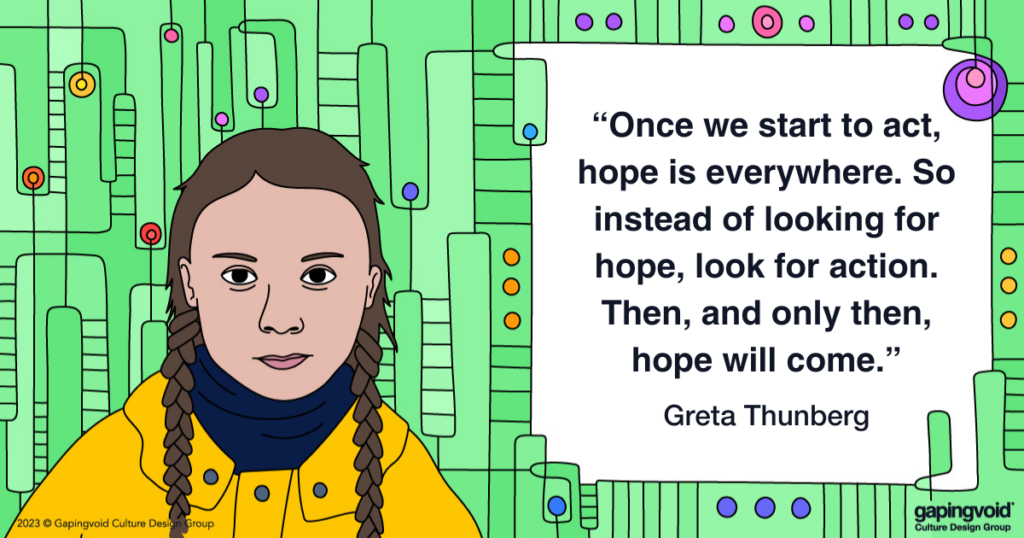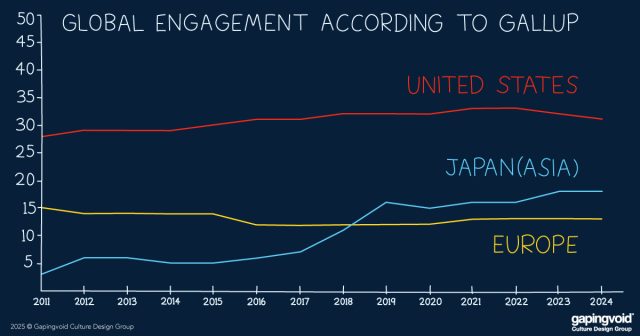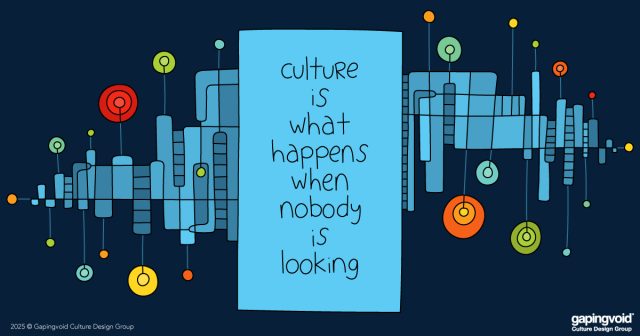
Rory Sutherland, the Co-Chairman of the ad agency, Ogilvy UK, wrote a book called “Alchemy,” a couple of years ago, which we’ve previously written about. While it is allegedly a marketing book, it really presents a collection of insights and mindsets about how to think about the world. And in it, he offers a powerful insight that really sticks: “Don’t Design for Average.” It’s a call to action for all marketers to ditch the cookie-cutter approach and start thinking outside the box. He tells a little story to illustrate his point.
Imagine for a moment, you’re an average entrepreneur who wants to launch a new soft drink brand on the mainstream market for average people (i.e. everybody).
Because you have an average mindset, you follow the same logic you were taught at Average Business School:
- You make it cheap. (Average folk like value for money).
- You put it in a BIG bottle. (Because people like a good chug-a-lug).
- You make it delicious. (Who doesn’t like yum!)
Yet Red Bull did the exact opposite:
- They made it REALLY expensive. Twice as much as normal brands.
- They put it in tiny 8-ounce cans, giving a 12-ounce option only recently. No big chug-a-lug for you!
- They made it disgusting, or at least, slightly odd tasting. To many people it tastes like cough syrup or worse.
By denying all of the average rules, they’ve been the most successful soft drink launch in living memory BY FAR.
In contrast, countless “average” soft drinks (most of them) have failed to get any shelf space in the last couple of decades.
That’s because “average” is No-Man’s Land. And like “All Quiet On The Western Front”, that’s where most of the bodies lie.
Seth Godin has long advocated for avoiding “average” as well, preferring to “push the edges.” He most famously summed it up in his classic book from the early 2000s, “Purple Cow.”
His big insight was that the ideas that win are the ones that spread, and the only ones that spread are the remarkable ones. Why would anyone tell their friends about your so-so $7.00 burger when they can talk about the $50 burger down the street instead? (Even if they didn’t end up buying the $50 burger but something cheaper on the menu).
i.e. A remarkable product is exactly that: worth remarking on.
Only self-obsessed narcissists like endlessly talking about themselves (we all know a few). Normal people, on the other hand, would much rather talk with their friends about a cool thing they saw or tried and the value it gave them. If that cool thing happens to be your product, you win.
But being the “cool thing” is an almost impossible task, if all you’re telling people is the same story as everyone else. Hence, avoid the average.
Go to the place nobody else is willing to go to. Push for the edges.

Greta Thunberg (2003-) is a self-proclaimed “Autistic Climate Justice Activist” who has written several books on the urgent need for action on climate change. Her “Skolstrejk För Klimatet” (School Strike for the Climate) protests have inspired a movement of young people who are determined to put an end to destructive environmental practices. Greta’s message is clear: we must act now to create a sustainable future or face catastrophic consequences. That’s probably why she’s been nominated for the Nobel Peace Prize four times! Through her activism, Greta has inspired a wave of social change and a renewed sense of civic responsibility that shows no signs of slowing down.



